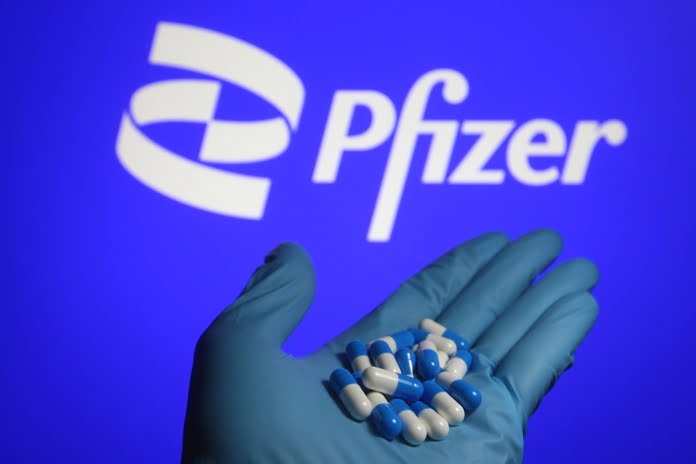Investors in Pfizer (NYSE:PFE) have faced disappointing returns lately, with the stock witnessing a 44% loss, ranking among the worst performers in the S&P 500 Index ($SPX) last year. Despite the broader market’s ascent to new record highs, Pfizer’s market capitalization remains at around half of its peak value reached in December 2021. Interestingly, its sector peer Moderna (NASDAQ:MRNA), also a developer of COVID-19 vaccines, has faced similar challenges, experiencing a drawdown in 2023 akin to Pfizer’s.
Will Pfizer Stock Rebound in the Coming Years?
The decline in Pfizer’s stock value can be largely attributed to declining sales of its COVID-19 products, including the Comirnaty vaccine and the Paxlovid pill for active infections. In 2023, Pfizer reported revenues of $58.5 billion, marking a 42% decrease from the previous year. Although non-COVID sales saw an 8% increase, this failed to offset the significant impact of declining Comirnaty and Paxlovid sales.
Looking ahead, Pfizer anticipates Comirnaty and Paxlovid sales to reach $5 billion and $3 billion, respectively, in 2024. However, this combined forecast of $8 billion pales in comparison to the $57 billion in sales recorded in 2022.
Beyond its COVID-19 portfolio, Pfizer faces additional challenges. The discontinuation of its oral weight loss drug, danuglipron, due to adverse side effects in December, and concerns regarding its acquisition of Seagen, which has left the company burdened with an additional $31 billion in debt, have further compounded its woes.
Forecasting Pfizer’s Performance in 2025: A Focus on Seagen and New Product Development
Pfizer’s fortunes in 2025 are likely to hinge on the development of new products and the revenue contributions from Seagen. The company expects Seagen revenues to reach $3.1 billion in 2024, with a projected increase to at least $10 billion by 2030. Additionally, Pfizer’s CEO, Albert Bourla, emphasized the exploration of innovative combination regimens and the company’s global commercial manufacturing and supply capabilities to drive growth potential beyond 2024.
Analysts anticipate Pfizer’s revenue to range between $58.5 billion to $61.5 billion in 2024, with some expecting a 5.8% year-on-year revenue growth in 2025. Moreover, Pfizer aims to achieve incremental net cost savings of $2 billion by the end of 2024, complementing the $2 billion realized in 2023, and plans to deleverage its balance sheet while expecting operating margins to rise gradually.
Analysts’ Sentiments and Potential Upside for Pfizer Stock
Despite the recent challenges, analysts hold a moderately bullish outlook on Pfizer, with a consensus rating of “Moderate Buy” and a mean target price of $36.11, representing a 33% increase from Wednesday’s closing price. Even the most pessimistic analysts don’t foresee further declines in Pfizer’s stock value, with the lowest target price roughly aligning with current levels.
With Pfizer’s price-to-earnings multiple significantly below long-term averages and a dividend yield exceeding 6%, the stock presents an attractive proposition for value investors. While the path to recovery may take time and largely depend on the evolution of its product pipeline post the setback with the obesity drug, Pfizer’s stable COVID-19 product sales, coupled with growth prospects in its non-COVID portfolio, cost-cutting initiatives, and balance sheet deleveraging efforts, render it worthy of consideration for investors seeking value opportunities.
Featured Image: Megapixl















